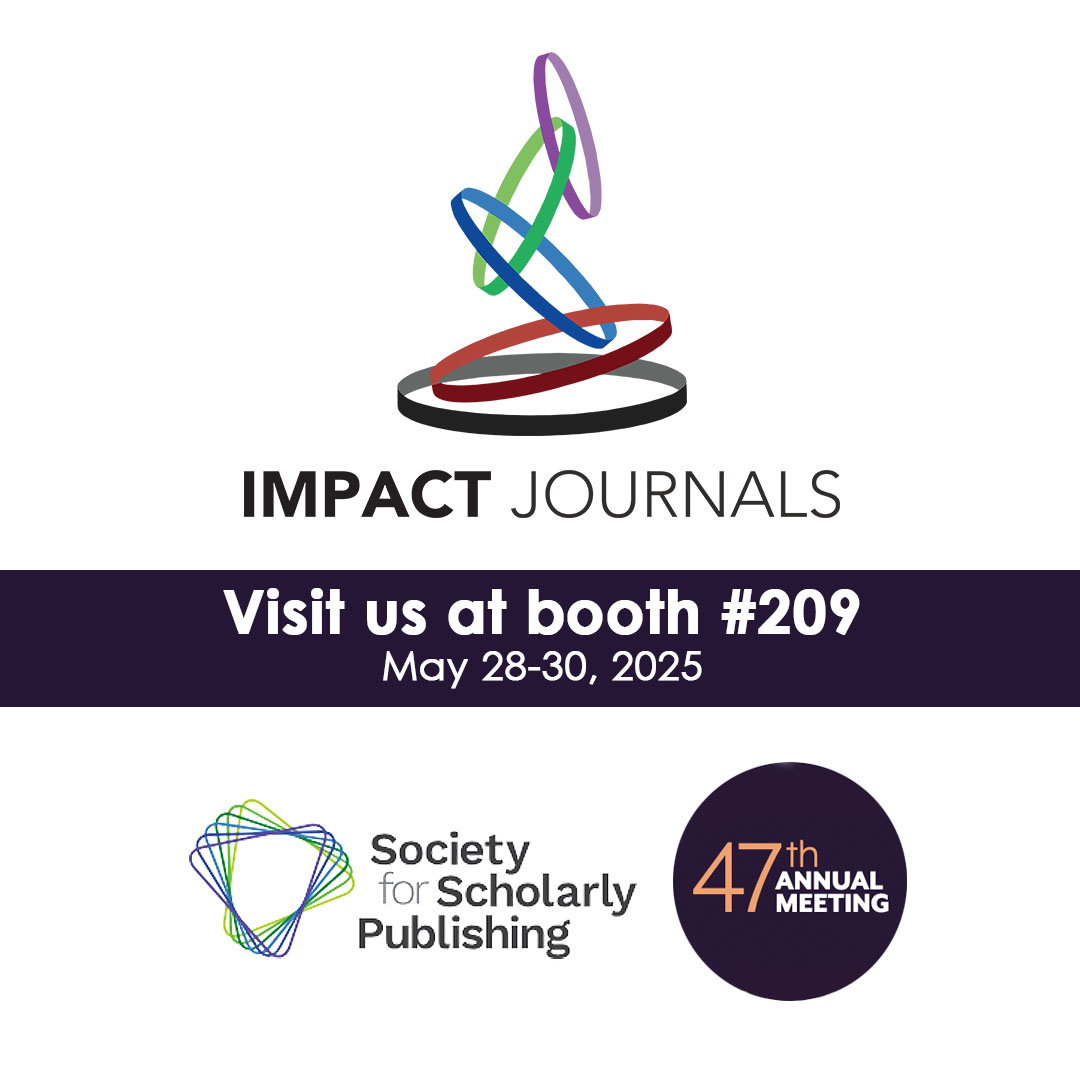Research Papers:
Dickkopf-1 induces angiogenesis via VEGF receptor 2 regulation independent of the Wnt signaling pathway
PDF | HTML | Supplementary Files | How to cite
Metrics: PDF 2533 views | HTML 3604 views | ?
Abstract
Sung Hoon Choi1,*, Hyemi Kim2,3,*, Hyun Gyu Lee2, Beom Kyung Kim4,5, Jun Yong Park4,5, Do Young Kim4,5, Sang Hoon Ahn4,5, Kwang-Hyub Han4,5 and Seung Up Kim4,5
1Division of Bioconvergence Analysis, Drug and Disease Target Group, Korea Basic Science Institute, Daejeon, Korea
2Department of Microbiology and Immunology, Institute of Gastroenterology, Yonsei University College of Medicine, Seoul, Korea
3Brain Korea 21 Plus Project for Medical Sciences, Institute of Gastroenterology, Yonsei University College of Medicine, Seoul, Korea
4Department of Internal Medicine, Institute of Gastroenterology, Yonsei University College of Medicine, Seoul, Korea
5Liver Cirrhosis Clinical Research Center, Seoul, Korea
*These authors contributed equally to this work
Correspondence to:
Seung Up Kim, email: ksukorea@yuhs.ac
Keywords: dickkopf-1, angiogenesis, HUVEC, Hepatocellular carcinoma, vascular endothelial growth factor receptor
Received: February 04, 2017 Accepted: July 18, 2017 Published: August 01, 2017
ABSTRACT
Tumor angiogenesis is essential for invasive tumor growth and metastasis. Dickkopf-1 (DKK-1), an antagonist of Wnt signaling, participates in tumor development and progression. We evaluated whether DKK-1 stimulation induces angiogenesis and the endothelial–mesenchymal transition (EnMT).
Human umbilical vein endothelial cells (HUVECs) were stimulated with recombinant DKK-1 (rDDK-1) or conditioned medium from a culture of DKK-1-transfected 293 cells. Following stimulation, the expression levels of angiogenesis-related factors and EnMT related markers were determined by immunoblot assays. In addition, the effects of exogenous DKK-1 on angiogenesis and EnMT were assessed by tube-formation, cell invasion, and wound-healing assays.
Human hepatoma cells, such as Hep3B and Huh-7, showed high levels of DKK-1 expression, whereas 293 cells and HUVECs showed little or no DKK-1 expression. Increased endothelial cell tube formation and invasiveness were observed in HUVECs treated with concentrated conditioned medium from DKK-1-overexpressing 293 cells or rDKK-1. DKK-1-stimulated HUVECs also exhibited increased motility in wound-healing assays. Furthermore, the expression levels of angiogenesis-related factors, including vascular endothelial growth factor receptor 2 and vascular endothelial-cadherin, were increased in DKK-1-stimulated HUVECs. The expression of EnMT markers, such as vimentin and Twist, was also increased in DKK-1-stimulated HUVECs. However, no significant change in β-catenin or GSK3β expression was observed.
Our in vitro data suggest that DKK-1 can enhance angiogenesis and EnMT by HUVECs independent of the Wnt signaling pathway. Modulation of DKK-1 expression may facilitate development of novel strategies to control tumor angiogenesis and metastasis.
 All site content, except where otherwise noted, is licensed under a Creative Commons Attribution 4.0 License.
All site content, except where otherwise noted, is licensed under a Creative Commons Attribution 4.0 License.
PII: 19769

